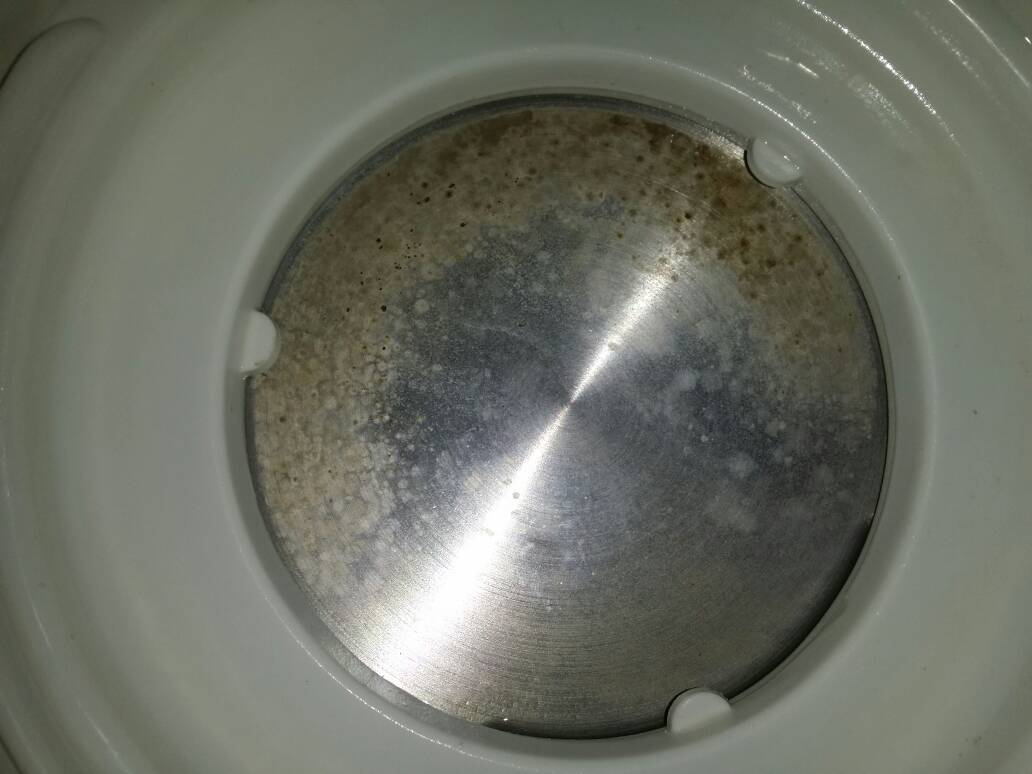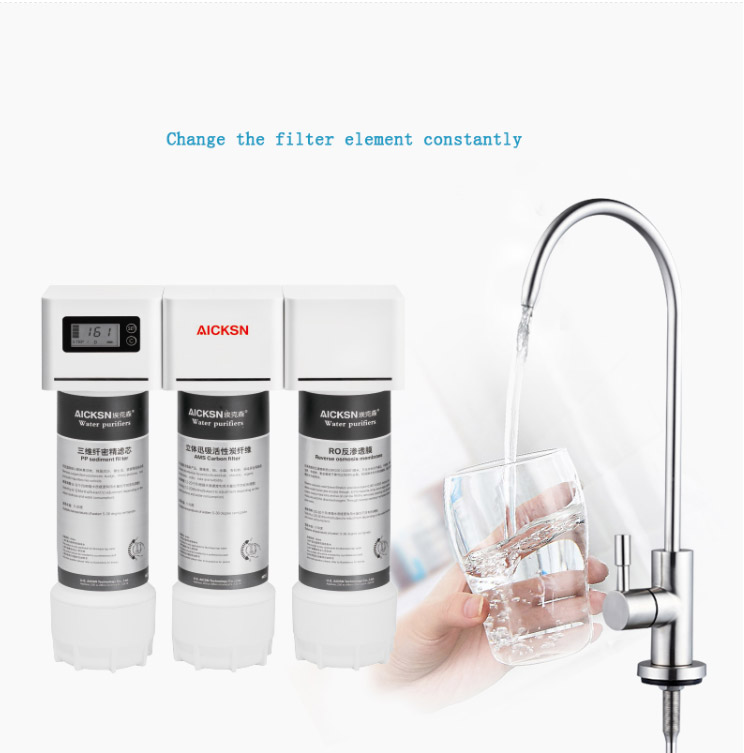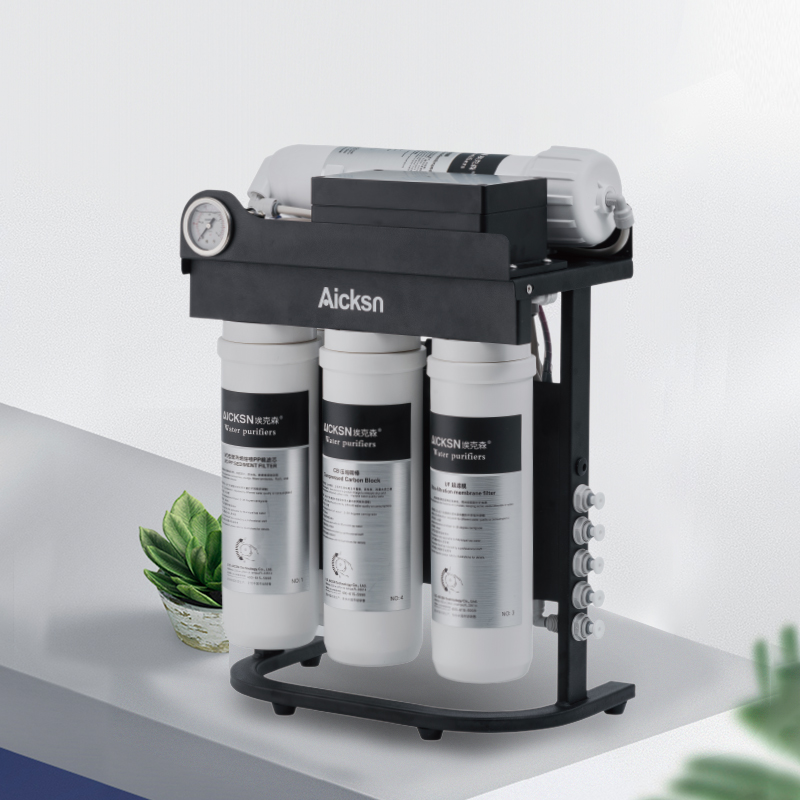
 Pattern|Analysis of market consumption status and competition pattern of water purifier industry
Pattern|Analysis of market consumption status and competition pattern of water purifier industry
 Which water purifier franchise manufacturer is good? Aicksn water purifier cooperates with you for a win-win situation
Which water purifier franchise manufacturer is good? Aicksn water purifier cooperates with you for a win-win situation
 How to choose a reliable household water purifier? Here comes the water purifier buying guide
How to choose a reliable household water purifier? Here comes the water purifier buying guide
 Is it safe to use a reverse osmosis water purifier for drinking water?
Is it safe to use a reverse osmosis water purifier for drinking water?